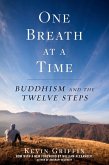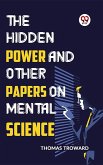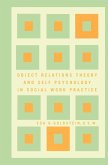In "Thought-Culture; Or, Practical Mental Training," William Walker Atkinson explores the profound interconnections between thought, personal development, and mental discipline. This seminal work delves into the art of mental cultivation, presenting readers with practical techniques aimed at enhancing their cognitive faculties and intuitive powers. Atkinson'Äôs writing is characterized by a clear, concise style that is steeped in the New Thought movement of the late 19th and early 20th centuries, which emphasized the power of the mind in shaping reality. His approach combines psychological insights with philosophical underpinnings, making the book a cornerstone in self-help literature. William Walker Atkinson was a prominent figure in the New Thought movement, and his extensive background as a philosopher, attorney, and businessperson heavily influenced his teachings. His lifelong fascination with metaphysics and the human mind culminated in this work, reflecting his belief that mental training is pivotal to achieving success and fulfillment. Atkinson's experiences with both practical and spiritual aspects of life led him to advocate for mental discipline as a key to unlocking human potential. This book is a vital resource for anyone interested in self-improvement and the psychology of success. Atkinson offers a blend of practical exercises and philosophical insights that empower readers to transform their mental habits and, by extension, their lives. Whether you are seeking personal growth or a deeper understanding of thought processes, "Thought-Culture" stands as an invaluable guide.
Dieser Download kann aus rechtlichen Gründen nur mit Rechnungsadresse in A, B, BG, CY, CZ, D, DK, EW, E, FIN, F, GR, H, IRL, I, LT, L, LR, M, NL, PL, P, R, S, SLO, SK ausgeliefert werden.









